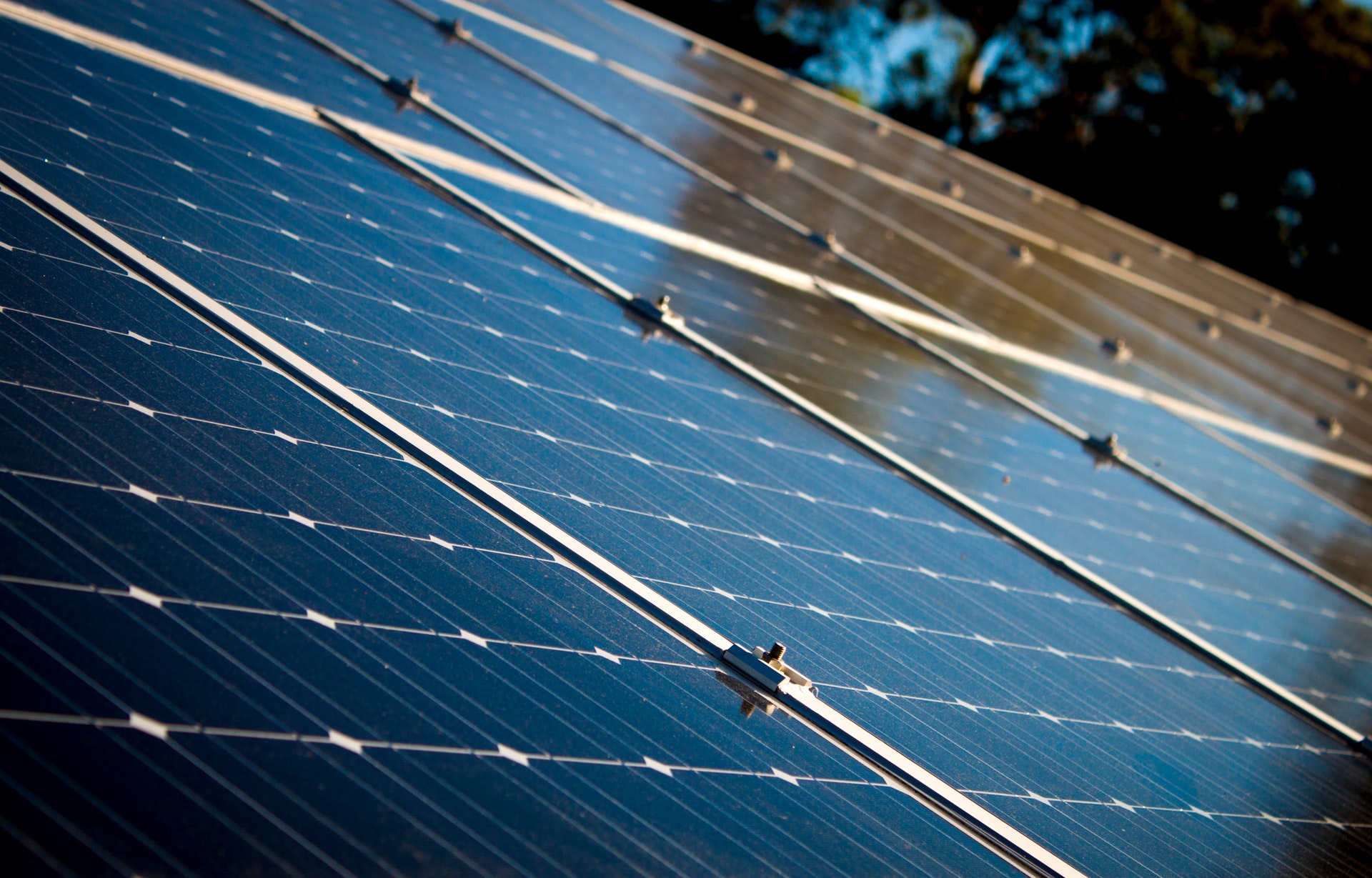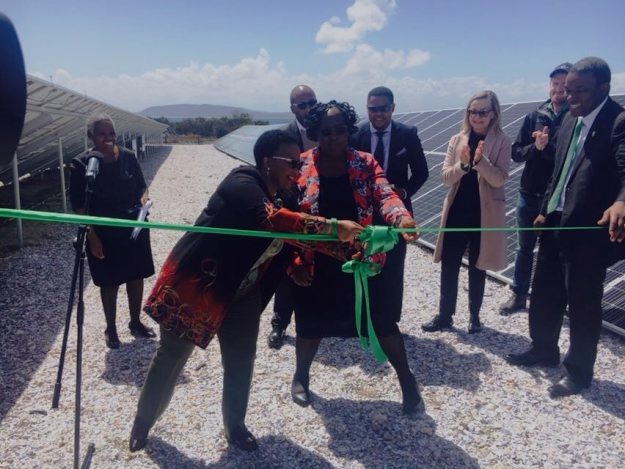Solar power developers that participated in one of the largest auctions in India suffered a major jolt at the hands of the government of Jharkhand state as the latter decided to reduce the tariff available to successful bidders of an held in March 2016.
Successful project developers of the auction will see a in their quoted tariffs by as much as 35%. The Jharkhand government had auctioned off 1,200 MW of solar power capacity in March 2016. The auction saw comparatively higher tariff bids compared to those seen in similar auctions in other states like Telangana, Andhra Pradesh, and Karnataka.
The reason for higher bids was very obvious. Jharkhand has no utility-scale solar power projects operational and, thus, no dedicated power evacuation infrastructure is available in the state for solar or wind energy projects. Additionally, the state has long been a victim of left-wing terrorism which has kept private investments at bay.
Project developers who placed bids for projects with more than 25 megawatts of capacity placed bids in the range of Rs 5.08 to Rs 5.48/kWh while projects with less than 25 megawatts of capacity received bids in the range of Rs 5.29 to Rs 7.95/kWh. All larger projects shall now receive a tariff of Rs 4.95/kWh, a reduction of up to 9%, whereas smaller projects will be eligible for a tariff of Rs 5.16/kWh, a reduction of up to 35%.
It is, therefore, understandable that winning developers have decided to reduce their project sizes. ReNew Power Ventures, one of the leading renewable energy IPPs in India, has reduced its planned capacity addition under the auction from 522 megawatts to 392 megawatts; Suzlon Energy will now set up 130 megawatts, down from 175 megawatts; OPG Power will set up 100 megawatts instead of 124 megawatts, and Adani Green Energy will set up a 40 megawatt project instead of 50 megawatts.
Acme Cleantech Solutions has withdrawn from the scheme entirely, giving up the 50 megawatts of capacity it had secured in the auction. The total auction allocation of 1,200 megawatts was reduced to 1,000 megawatts following the bankruptcy of SunEdison whose Indian subsidiary had secured 200 megawatts capacity in the auction.
Two companies that will set up 15 megawatts and 7.5 megawatts of capacity will get Rs 5.16/kWh, taking the total capacity to be developed up to 684.5 megawatts, down from 1,000 megawatts.
While the state power utilities may see this as their victory, the move has actually rattled the Indian solar market. Jharkhand was perhaps the first state to have taken up re-negotiations of solar power bids; Uttar Pradesh and Tamil Nadu undertook similar actions with the former forcing several developers to reduce tariffs just before they were ready to commission the projects.
Source: https://cleantechnica.com/2017/10/06/indian-state-cuts-tariff-35-18-months-solar-auction/


